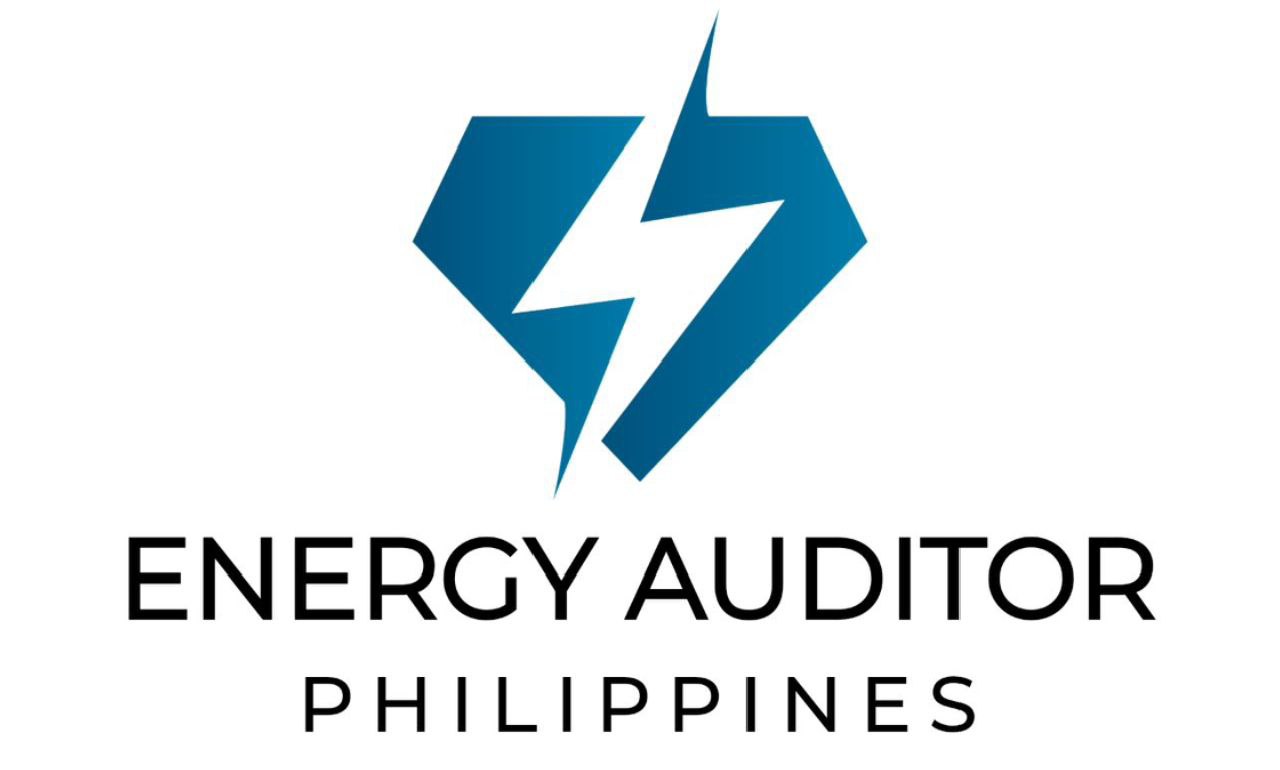In the modern world, where energy demands surge and environmental concerns loom large, the significance of energy efficiency cannot be overstated. For the Philippines, a country grappling with energy challenges and aiming for sustainable development, the role of energy audits emerges as a critical tool in the quest for a greener, more efficient future.
Understanding Energy Audits
At its core, an energy audit is a systematic assessment of energy flows in a building, industry, or system to identify opportunities to enhance efficiency. It involves analyzing energy consumption patterns, identifying areas of waste, and proposing measures to optimize energy use. In a country like the Philippines, where energy consumption continues to rise, conducting thorough energy audits presents a strategic approach to curbing waste and fostering sustainability.
Challenges and Opportunities in the Philippine Context
The Philippines faces a unique set of challenges concerning energy. With a rapidly growing population and increasing urbanization, the demand for energy escalates. The reliance on fossil fuels, despite efforts to diversify, poses economic and environmental risks. Energy supply remains vulnerable to external factors, making it imperative to maximize the efficiency of existing resources.
However, within these challenges lie abundant opportunities. The country’s commitment to renewable energy sources—solar, wind, hydro, and geothermal—presents a promising avenue. Energy audits serve as a catalyst, enabling businesses, industries, and households to harness these renewable resources effectively, minimizing reliance on conventional, polluting fuels.
The Ripple Effect of Energy Audits
The impact of energy audits extends beyond immediate efficiency gains. Consider a commercial building that undergoes an energy audit. By implementing the recommended changes—such as upgrading to energy-efficient appliances, optimizing HVAC systems, or incorporating renewable energy sources—not only does the building reduce its energy consumption and costs, but it also sets a precedent.
This ripple effect spreads throughout the economy. Industries inspired by success stories adopt similar measures, households embrace energy-saving practices, and policymakers witness the tangible benefits, prompting conducive regulations and incentives. Ultimately, the collective effort fueled by energy audits fosters a culture of sustainability, positioning the Philippines on a path toward energy resilience and environmental stewardship.
Empowering Through Awareness and Action
One of the critical aspects of promoting energy audits in the Philippines involves raising awareness and fostering a culture of energy consciousness. Education campaigns, workshops, and incentives can encourage businesses, industries, and individuals to embrace energy audits as a means not only to save costs but also to contribute positively to the environment.
Furthermore, collaboration between government bodies, private enterprises, and international agencies can amplify the impact of energy audits. Initiatives aimed at capacity building, technological advancements, and policy frameworks that incentivize energy efficiency can accelerate the adoption of energy audits across various sectors.
The Road Ahead
The journey toward sustainability through energy audits is not without its challenges. Financial constraints, lack of technical expertise, and inertia to change pose hurdles. However, these challenges are surmountable with concerted efforts and a shared vision for a greener, more sustainable future.
In conclusion, the importance of energy audits in the Philippines cannot be overstated. They serve as the cornerstone of a broader strategy aimed at enhancing energy efficiency, reducing carbon footprints, and ensuring a sustainable energy future for generations to come. Embracing energy audits is not merely an option; it is a necessity—a catalyst that can propel the Philippines toward a brighter, more sustainable tomorrow.










































